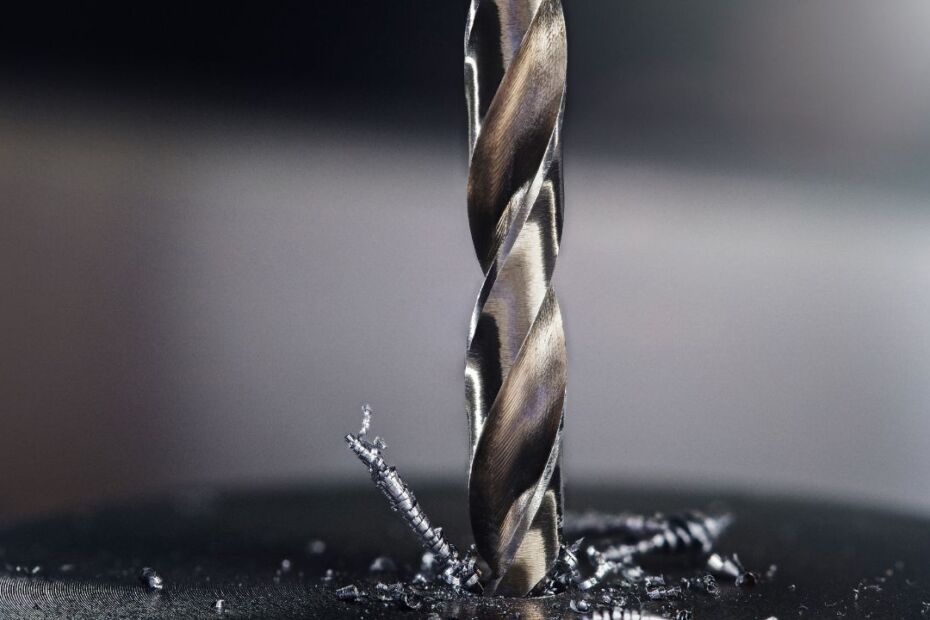When it comes to drilling through metal, your work requires precision and accuracy. Pilot holes, also called predrilled holes or advanced boreholes, can greatly improve the quality and efficiency of your work.
You can drill these small guide holes into your workpieces before driving a screw or larger drill bit into the same place. The holes serve to guide the main drill bit, prevent the material from splitting, and make the drilling process easier and more accurate. Learn the numerous advantages of pilot holes for drilling metal and how this method can benefit both your tools and your material.
Enhancing Accuracy
Inaccurate drilling can lead to misalignment, material waste, additional costs, and time delays, making accuracy fundamental in any metal drilling operation. Choosing the right drill bit size is important for precise drilling, but predrilled holes can also help when drilling holes larger than 3.2 mm in ferrous metal.
Advanced boreholes can ensure that the drill bit does not wander off the marked spot when you proceed to drill the full-size hole. This guarantees the final hole will be accurately positioned and perfectly aligned with your original mark.
Reducing Effort
Another advantage of creating pilot holes when drilling metal is the reduction of physical effort needed to complete the task. Predrilled holes decrease the amount of force required to drill through the metal, making the job less strenuous and physically demanding. This makes drilling a more pleasant experience and reduces the risk of fatigue or strain-related injuries.
Preventing Damage to the Metal
Drilling pilot holes helps prevent deformation or damage to the metal you’re working with, particularly when it comes to thin or delicate materials. By starting with a smaller hole and gradually increasing the size, the metal can adapt to the stress placed upon it. This greatly reduces the risk of warping, cracking, or tearing, ensuring a better project outcome with fewer setbacks.
Improving Tool Longevity
Since you’ve invested a fair amount in your tools, maintaining their longevity improves the return on that investment. Advanced boreholes reduce the strain on drill bits and maximize their usefulness. And as mentioned earlier, a pilot hole requires less force to drill through metal, which in turn places less stress on the tool itself. This not only makes the task more manageable but also prolongs the life of your drill bits.
Facilitating Cleaner Holes
Finally, one of the most visually evident benefits of drilling pilot holes is the clean, polished appearance of the final hole. When you drill a pilot hole, you reduce the chance of creating burrs or rough edges, resulting in a smoother, more professional-looking finish. Predrilling can help you achieve a flawless aesthetic, which is useful for items such as custom car parts, intricate metal artworks, or high-end furniture pieces.
From enhancing accuracy to reducing effort and preventing damage to the metal, pilot holes provide benefits that contribute to a better project outcome. Incorporate this technique into your metalworking to improve results and increase satisfaction in your work.

